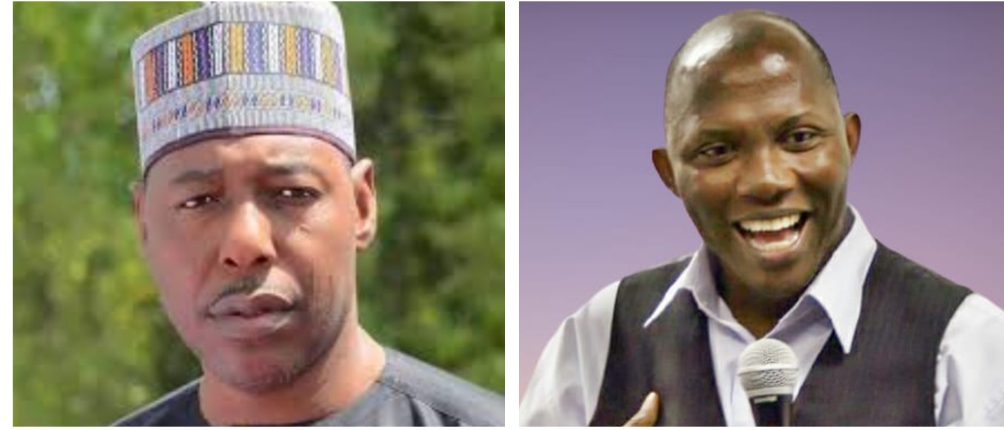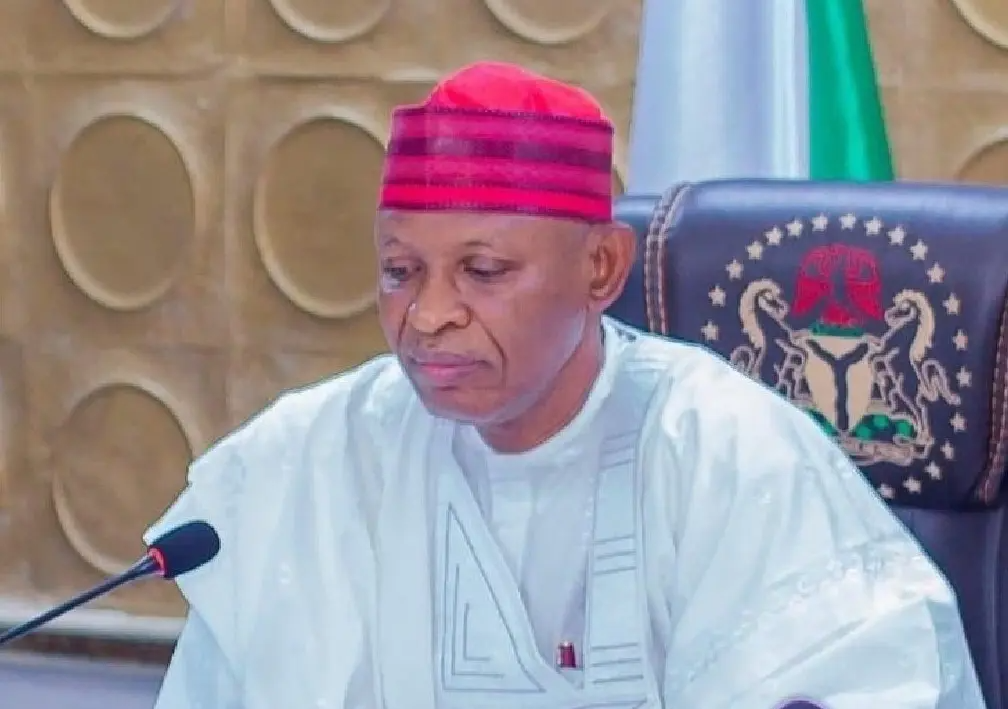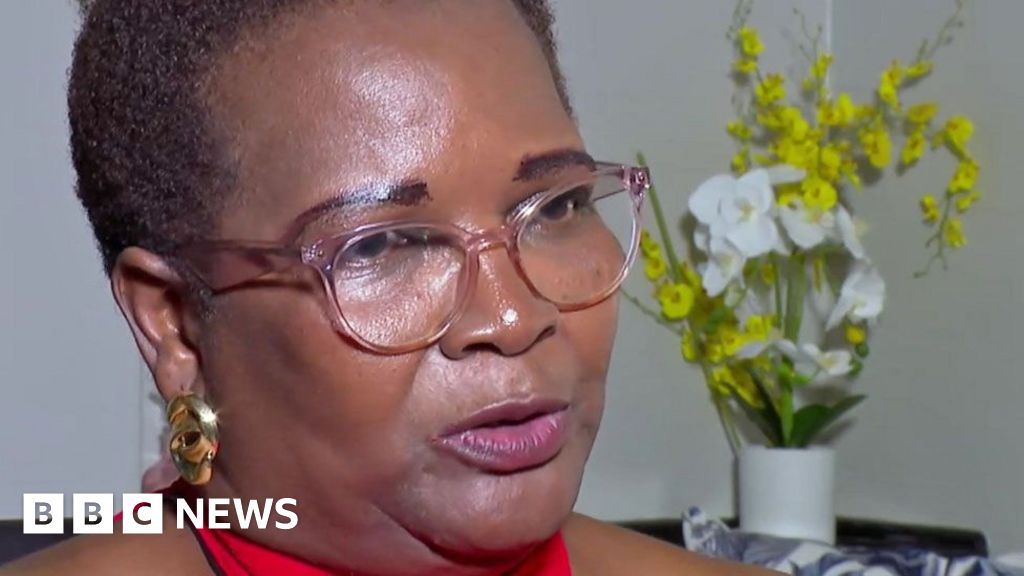The Minister of State for Health and Social Welfare, Tunji Alausa, has denied the report that the Nigerian government is planning to privatise the country’s university teaching hospitals.
Mr Alausa said the government is focused on boosting growth in the health sector but has no plans to commercialise its health institutions.
The minister was reacting to a question by PREMIUM TIMES’s reporter on Thursday on the sideline of an event to inaugurate a committee saddled with the responsibility of addressing mother-to-child transmission of HIV.
He was reacting to the comment by the Chairperson of the House of Representatives Committee on Health, Amos Magaji, who expressed the desire of the parliament to support the privatisation of Nigeria’s university teaching hospitals.
Recently, the lawmaker representing Zangon Kataf/Jaba Federal Constituency of Kaduna State, North-west Nigeria, suggested that the privatisation of teaching hospitals could help to address some of the challenges in the health system, such as overstretched facilities, poor power supply, and acute shortage of personnel.
However, when PREMIUM TIMES approached Mr Alausa on this, he dismissed this suggestion, even as he rhetorically asked: “Why would we do that?”
The minister said the country has no plan to give public health institutions to the private sector but rather intends to pursue collaboration that would improve services provided in the health system.
Nigerians need credible journalism. Help us report it.
PREMIUM TIMES delivers fact-based journalism for Nigerians, by Nigerians — and our community of supporters, the readers who donate, make our work possible. Help us bring you and millions of others in-depth, meticulously researched news and information.
It’s essential to acknowledge that news production incurs expenses, and we take pride in never placing our stories behind a prohibitive paywall.
Will you support our newsroom with a modest donation to help maintain our commitment to free, accessible news?
He said: “No, we are not privatising any teaching hospital. Why would we privatise teaching hospitals? We are working with the private sector to see how we can collaborate to improve services in the healthcare system, but we are not privatising our hospitals.
“We are not pursuing any policy on privatising health care, there’s no campaign or conversation about that currently. Not at all”.
Reactions
 NLC logo
NLC logoMeanwhile, Mr Magaji’s suggestion was widely condemned by Nigerians, including the leadership of the Nigeria Labour Congress (NLC), who in response threatened a revolt against such a policy.
PREMIUM TIMES reported that NLC spokesperson Benson Upah said the body was stoutly against the privatisation of teaching hospitals.
He said: “We are opposed to the privatisation of tertiary health institutions. We are stoutly opposed to the privatisation of public health institutions. Our reasons are simple- it will take healthcare out of the reach of the citizenry. The contribution of the private facilities to the health care service has not been spectacular. Even as regards salaries, public hospitals pay better than private institutions.”
He argued that private investors should set up their hospitals and oversee the management themselves.
“Leave the hospitals built with taxpayers money alone,” he noted.
Also, the leadership of medical associations in the health sector kicked against the suggestion, noting that such a policy would only worsen the situation of the sector.
The President of the Nigerian Medical Association, Bala Audu, in reaction to the development, said history has shown that privatisation of the country’s public institutions would not have good results.
He said: “Let’s take the case of the defunct National Electric Power Authority (NEPA) as an example. NEPA was privatised to improve the quality of power generation, distribution, and utilisation by Nigerians. I don’t think we have achieved that.
READ ALSO:HIV/AIDs: Nigerian govt inaugurates committee to accelerate prevention of mother-to-child transmission
Mr Audu called massive investments in primary and secondary healthcare institutions as a beneficial substitute, noting that this automatically reduces the burden on tertiary health institutions and thereby enhances their efficiency and productivity.
Mr Audu, who spoke to PREMIUM TIMES in a telephone interview, also said by reducing public dependence on teaching hospitals, they will concentrate on their triple mandate of training, research, and service delivery.
Support PREMIUM TIMES' journalism of integrity and credibility
At Premium Times, we firmly believe in the importance of high-quality journalism. Recognizing that not everyone can afford costly news subscriptions, we are dedicated to delivering meticulously researched, fact-checked news that remains freely accessible to all.
Whether you turn to Premium Times for daily updates, in-depth investigations into pressing national issues, or entertaining trending stories, we value your readership.
It’s essential to acknowledge that news production incurs expenses, and we take pride in never placing our stories behind a prohibitive paywall.
Would you consider supporting us with a modest contribution on a monthly basis to help maintain our commitment to free, accessible news?
TEXT AD: Call Willie - +2348098788999

















 English (US) ·
English (US) ·